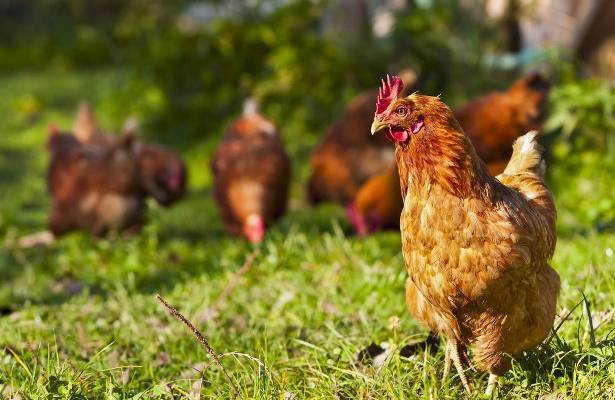An Israeli company is revolutionizing poultry farms and livestock projects in 50 countries.
By: Abigail Klein Leichman/ISRAEL21c
The classic chicken-or-egg conundrum does not keep poultry farm designers from the Israeli firm Agrotop awake at night.
They’re too busy solving other challenges, like how to build a chicken house on the steep Himalayan slopes of Nepal. Or how to construct a 60,000-layer egg house in the Canary Islands on a narrow footprint (half the levels were built underground with a sophisticated ventilation system).
Since its founding in 1989, Agrotop has been planning, engineering and constructing poultry and livestock projects in 50 countries–plus feed mills, slaughterhouses and packing centers–suitable for temperatures ranging from -40 to +50 degrees Celsius.
The business of livestock construction projects is big and varied, so Agrotop has worked at distinguishing itself from other players and also working cooperatively with other players, says engineer Yaron Zafrani, Agrotop’s vice president for sales.
“There are many competitors that supply specific technology worldwide, but we are one of a few companies that can provide full integrated solutions including all aspects from the vision of the entrepreneur through the business plan, design, logistics, construction, management and local team training,” says Zafrani. “We can provide all or part of the services required for any poultry project.”
One of Agrotop’s most ambitious projects is the largest broiler enterprise in the European country of Georgia, completed in 2013 for the Chirina company. Cited by USAID as a model project, the complex includes a processing plant with rendering and wastewater treatment plants, grain elevator and feed mill, laboratory, compost site and grain fields.
Vietnam’s First High-Tech ‘Clean Egg’ Facility
Vietnamese company DTK looked at the Georgian project when it began planning Vietnam’s first high-tech “clean egg” facility.
DTK Deputy General Director My Lan tells ISRAEL21c that her team found the cost-saving construction techniques and environmental quality inside the Chirina laying houses “very much in the spirit of how we wanted our project to be done.”
After meeting with Agrotop in Israel, DTK selected the Israeli company to supply the insulated prefabricated housing system for the Clean Chicken Egg Production Factory in Phu Tho. Two Japanese companies provided the temperature, humidity and water-purification systems for the plant, which opened in March last year with a capacity for producing 500,000 eggs per day.
“We needed all the partners at the same level of commitment to quality and cooperation during construction and installation, and Agrotop was very committed and supportive of that effort,” says Lan. DTK is now in discussions with Agrotop about building a broiler-chicken complex.
Zafrani says poultry projects often require outside-the-box thinking.
For clients in England and Scotland hoping to take advantage of a quick-permit process for non-permanent structures, Agrotop designed durable mobile chicken coops that can be operational within three months.
Angola Facility: 1 Million Egg-Laying Hens
“We then did other projects like this in New Zealand, Australia and Germany,” says Benjamin van Dijk, Agrotop’s international business developer. “It’s suitable for small-scale farms like organic free-range egg farms, and also has the benefit of using much less concrete, which is very expensive in Europe and hurts the environment.”
Many of Agrotop’s layer and broiler projects are done in Africa, for example a chicken complex in Angola — the biggest of its kind on the continent – housing 1 million laying hens in all.
“Africa has the main reserve of agricultural land and has the potential to supply most of the world’s food, which will be apparent within a decade,” van Dijk tells ISRAEL21c.
African development banks require an environmental impact report prior to approving any project for financing, he says. Agrotop has developed various systems to reduce environmental impact, such as composting chicken manure into a rich fertilizer for the grain feed; and converting inedible parts of processed chickens into the basis for fish and pet food.
Founded as a subsidiary of Hapach Metal Industries, Agrotop employs 50 workers in Israel and abroad. The company has a separate division for constructing industrial buildings mainly in Israel, such as street malls, cold storage and distribution facilities.
Agrotop’s offices are in Timmorim, near Kiryat Malachi. It has several factories in Israel and one in China serving the Asian market. “If we shipped equipment and prefab buildings from Israel it would incur heavy import taxes,” explains van Dijk.
As egg farms in Israel and across the world move from central areas to remote farms for better bio-security, Agrotop could be as busy as a laying hen over the coming years to implement its infrastructure designs.










